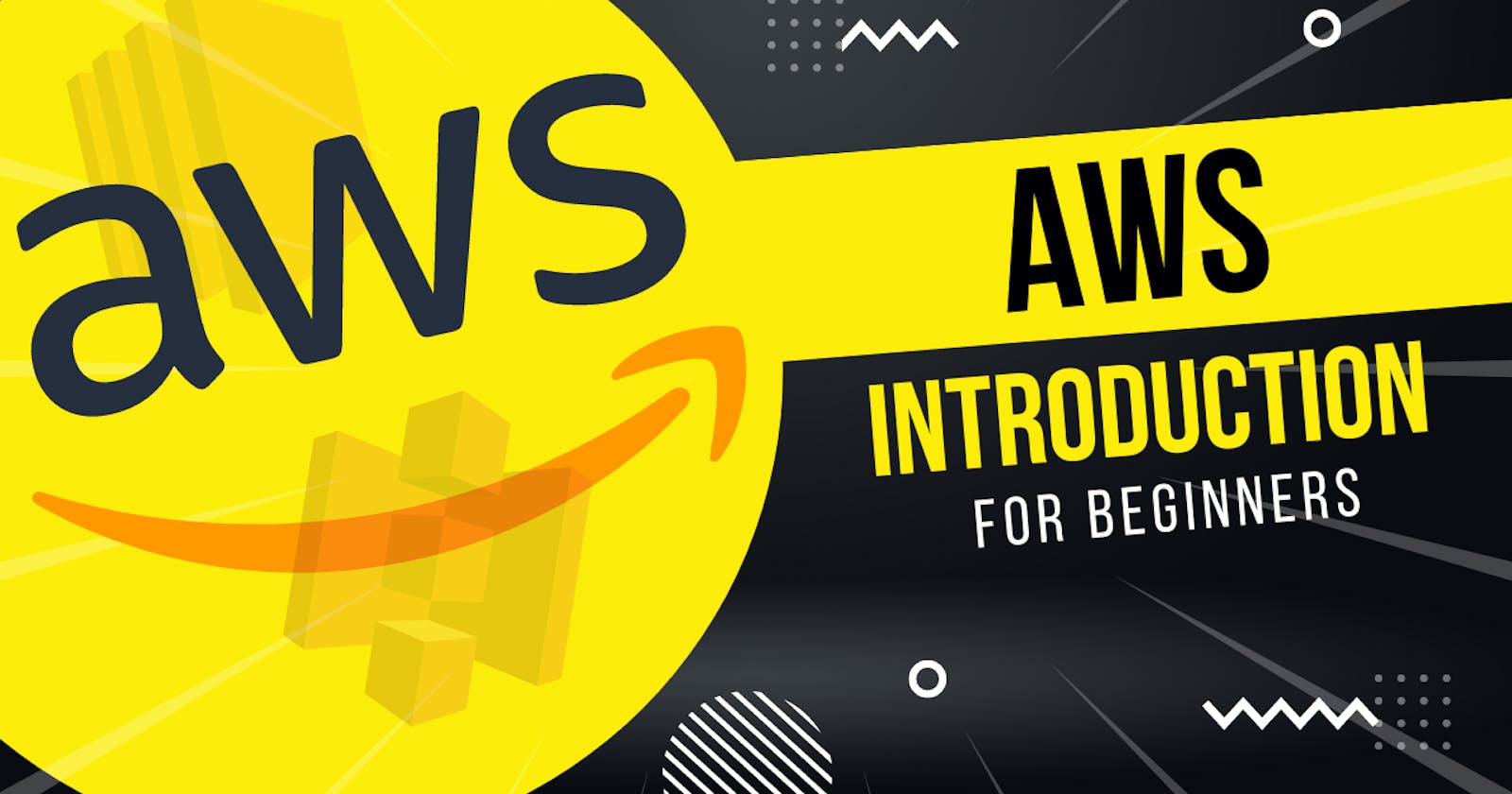World is moving to Cloud Computing we are hearing this lot of times but don't know what is cloud what is the role of AWS in cloud You are at right place.
The Cloud Computing
Internet definition is like Cloud Computing is the on-demand availability of Computer resources like Storage, Networking, Compute without any physical management of hardware by user
This mean that you will use compute resources of some other organization who provide these resources in the form of 3 service models IaaS, PaaS, SaaS.
What's the Role of AWS in Cloud Computing
Amazon's AWS is that organization which provide those resources to perform cloud computing task. There are three major players in this domain. Microsoft's Azure, Amazon's AWS, Google GCP. More or less all are offering same similar service with little unique touch of individual. If you get familiar with one of them, you will get idea of other cloud providers also.
In this blog, we will be getting familiar with AWS and its services in different domain of software Engineering like frontend, backend, DevOps. Data Engineering and common service must be learned by ever individual.
Amazons's AWS
Amazon's AWS (Amazon Web Service) is cloud service provider provide Various Service model of cloud computing like IaaS, PaaS, SaaS. Users or developer don't need to maintain a physical hardware server on-premises for their Production ready Software. But if they want on-premises server still they can have for confidential data with AWS combine together.
Let's directly jump over and see what AWS is offering according to Different type of service.
Common for ALL
Maximum services are common across all the major cloud platforms.
Note: In this blog, we will only consider AWS services for different use cases.
For computing services, AWS offers EC2 (Elastic Compute Cloud), ECS (Elastic Container Service), EKS (Amazon Elastic Kubernetes Service), and ELB (Elastic Load Balancing). In terms of databases, Amazon provides DocumentDB and DynamoDB for NoSQL databases, and RDS, Redshift, and ElastiCache for SQL databases. Additionally, there are API Gateways, a DNS management service called Route 53, object storage known as S3, Identity and Access Management (IAM), Content Delivery Networks (CDNs), Virtual Private Clouds (VPCs), virtual networking, and many more services available.
PaaS (Platform as a Service)
PaaS provide a platform to the customer where they can build, run & manage the application without the complexity of building and maintaining the infrastructure typically associated with developing and launching an application.
In terms of AWS, there are several services which we can put in the PaaS category
AWS Elastic Beanstalk
AWS lambda
AWS Amplify
AWS App Runner
SaaS (Software as a Service)
SaaS are cloud-based software applications that are delivered over the internet as a service. With SaaS, users access the software through a web browser or application interface, rather than installing and maintaining software on individual computers or servers.
AWS offer SaaS solutions through the AWS Marketplace. However, these SaaS offerings are typically third-party software applications or services that run on AWS infrastructure.
Salesforce
Microsoft Office 365
Slack
Zoom
IaaS (Infrastructure as a service)
IaaS enable customer to access cloud computing services that provide virtualized computing resources over the internet. With IaaS, customers can rent virtual machines, storage, networking, and other infrastructure components on a pay-as-you-go basis, rather than purchasing and maintaining physical hardware.
Key IaaS offerings provided by AWS include:
Amazon S3 bucket
Amazon RDS
Amazon Route 53
Amazon EC2
Thanks for Reading, do share the article if You find helpful and drop the comments.

